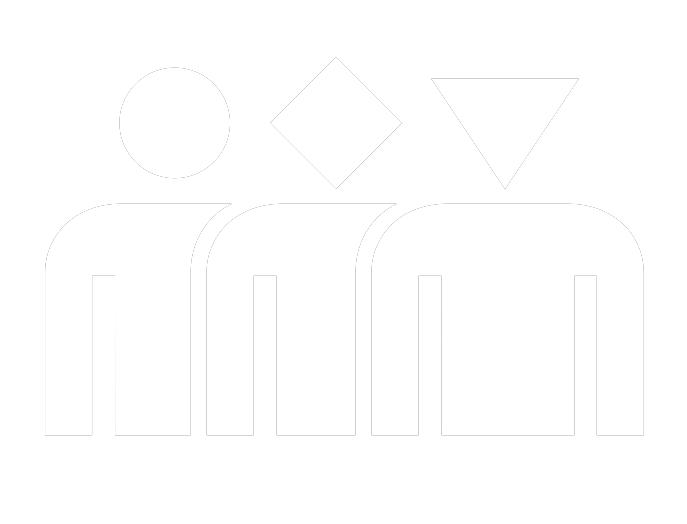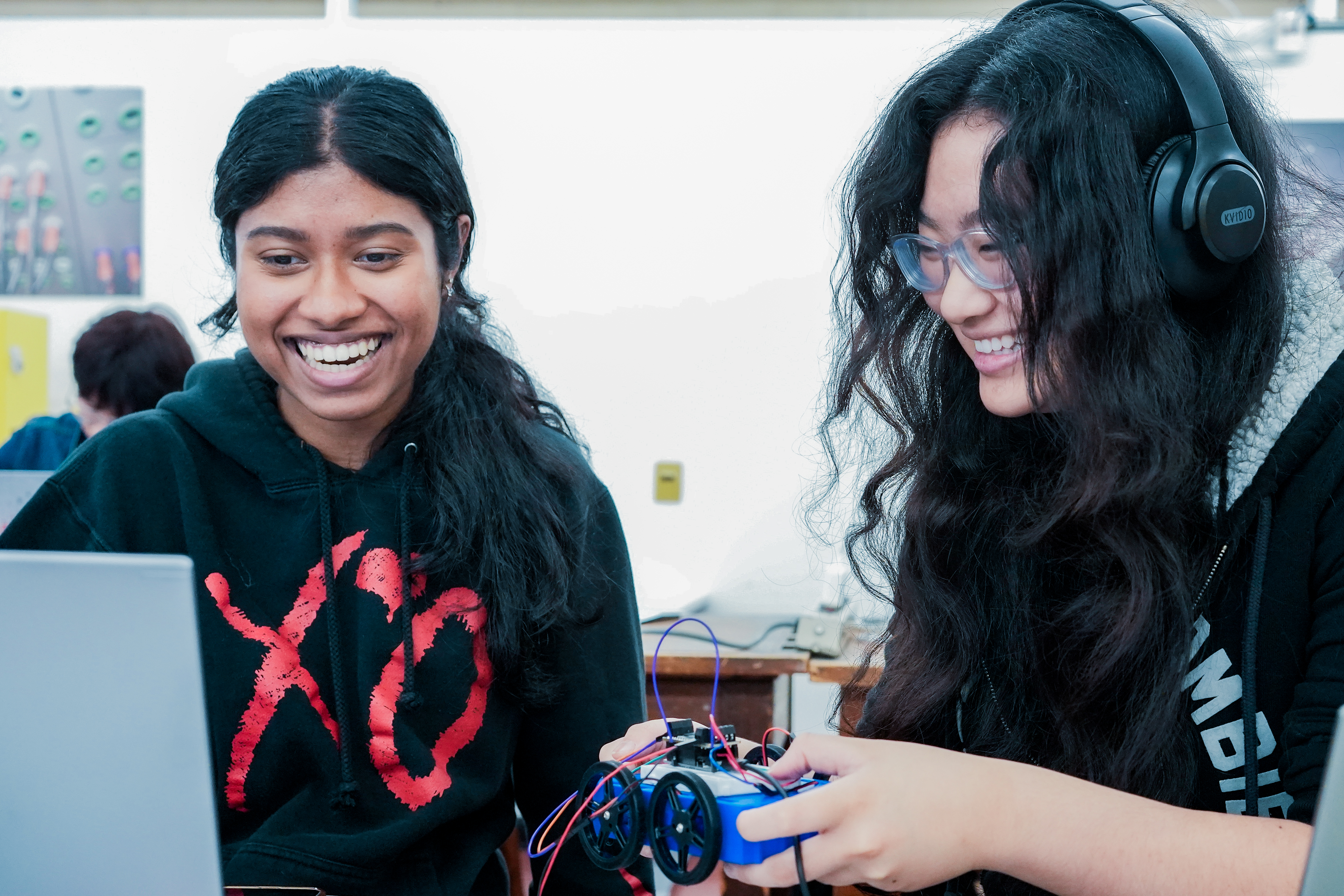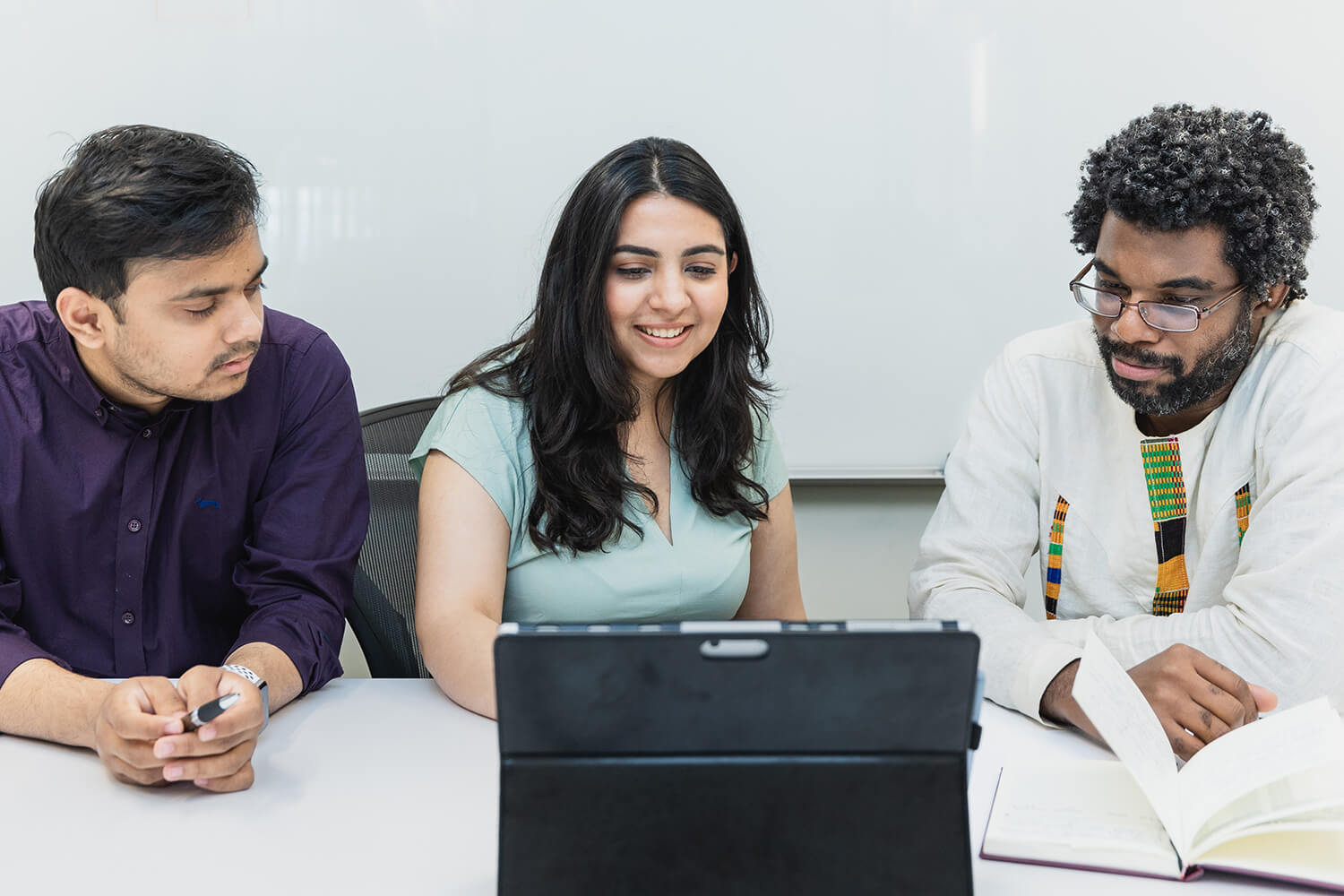Join One of Canada's Top Electrical and Computer Engineering Departments
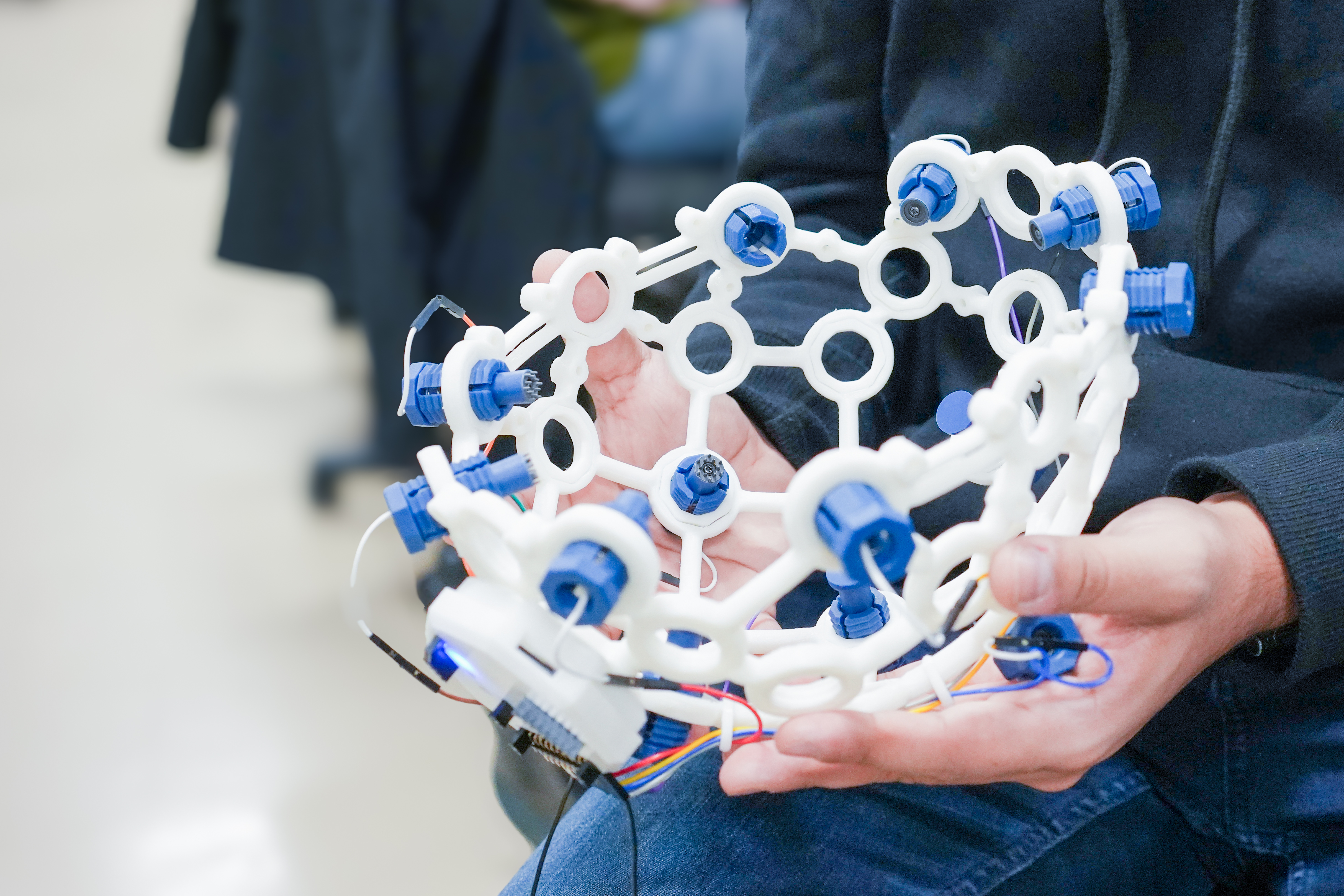
Research at ECE
ECE at U of T leads globally in high-impact research across fields like biomedical engineering, energy systems, our innovations improve lives and drive change.
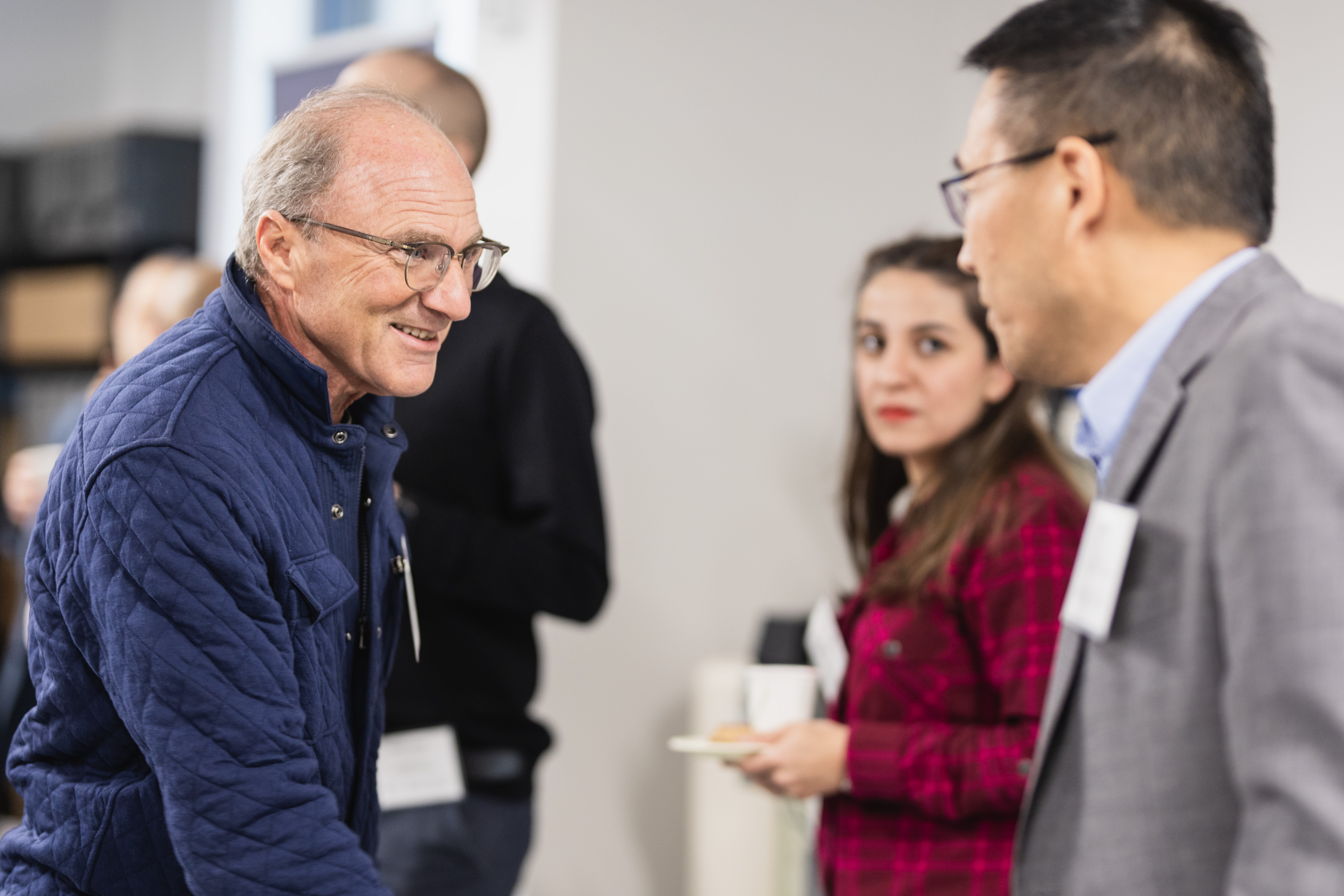
Industry Opportunities
Partner with ECE to support events, fund scholarships, or collaborate on research. Your involvement boosts your brand and helps shape future engineering leaders.

